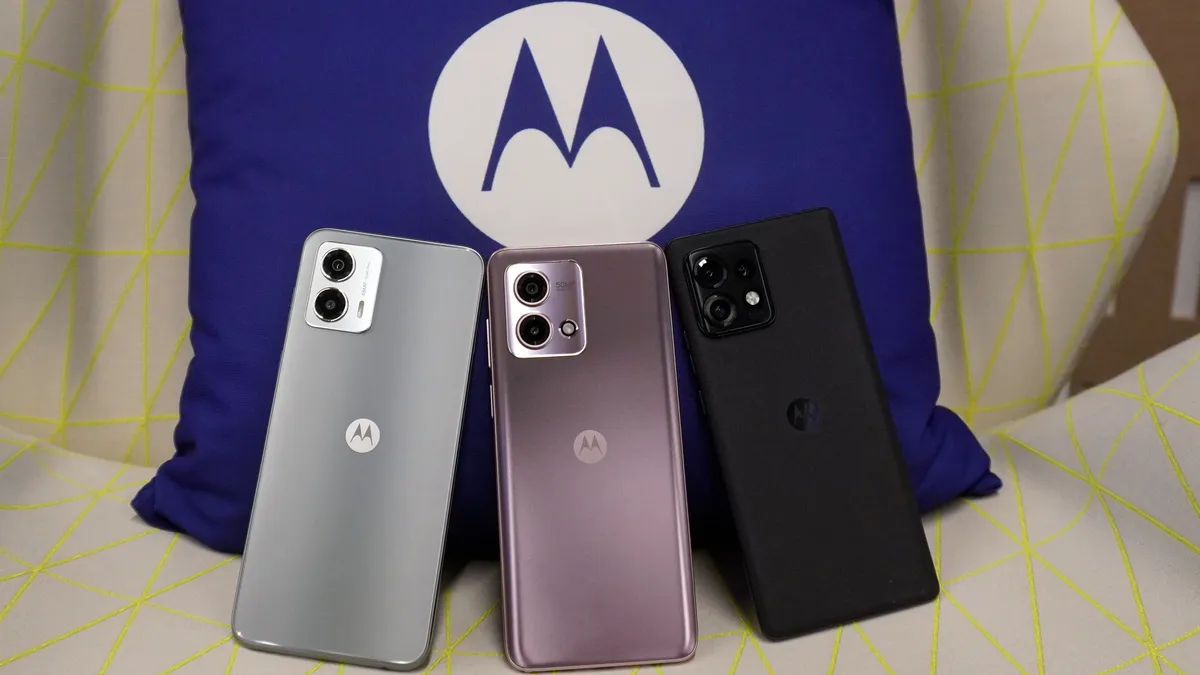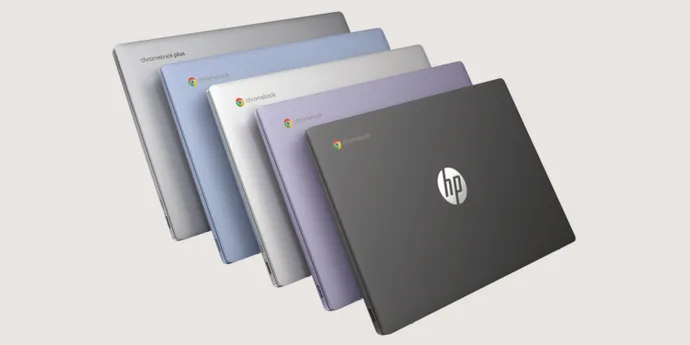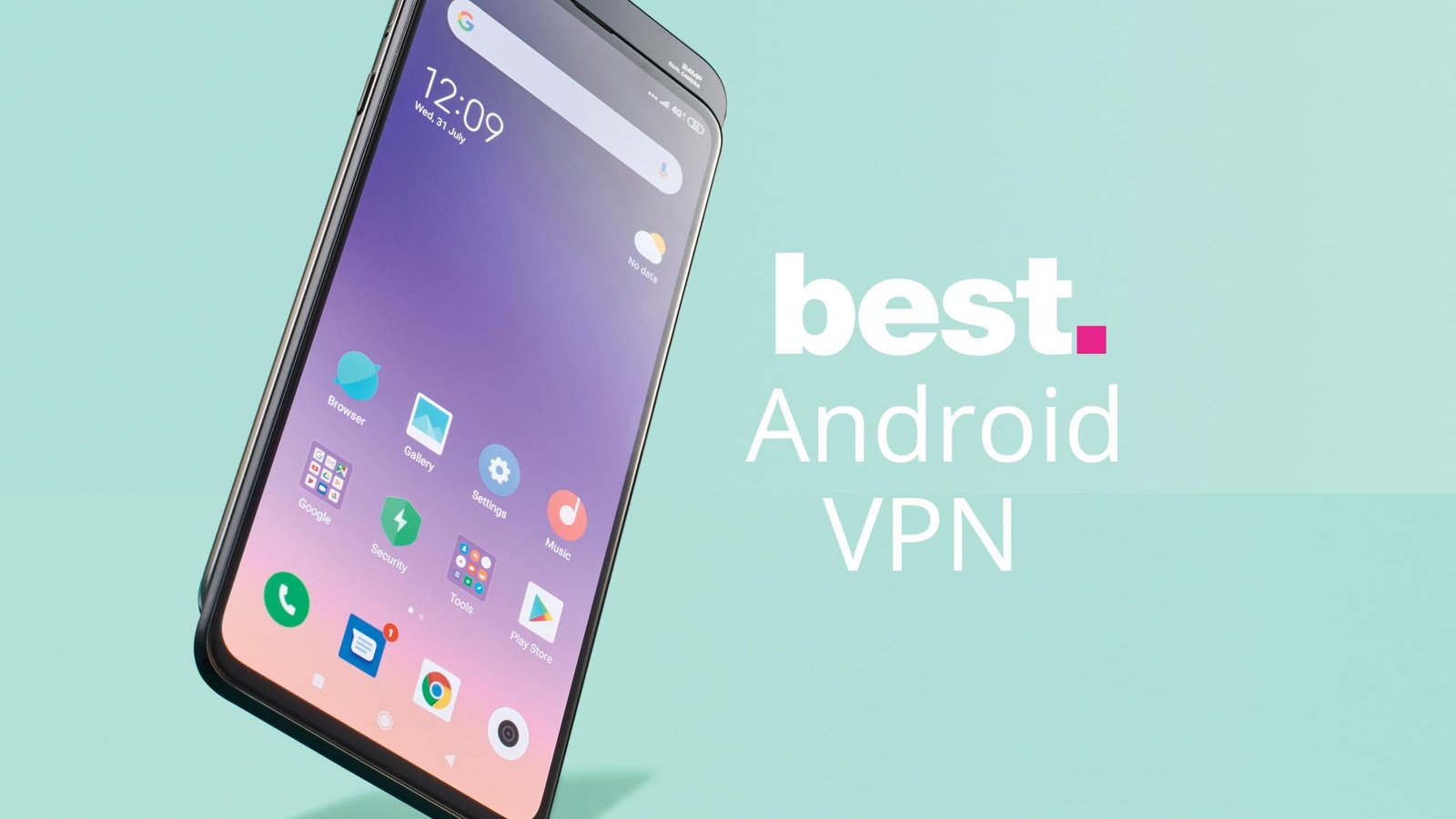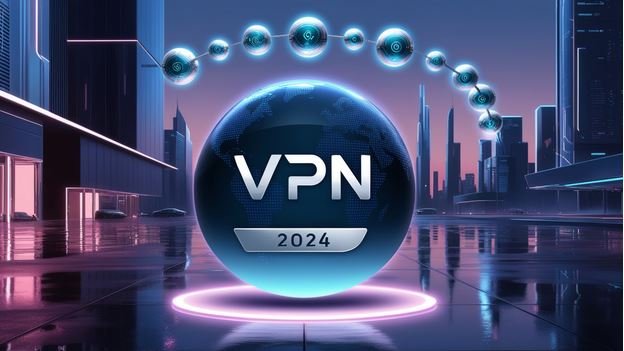Best Free VPN for Android – Secure Your Online Privacy
Navigating the internet on your Android device without compromising your privacy can be challenging. Risks such as data theft, surveillance, and accessing compromised networks are genuine concerns for everyday users. This is where VPNs (Virtual Private Networks) become essential tools. A VPN encrypts your internet connection and changes your IP address, making it more difficult for third parties to track your activities online or steal your data. For Android users, there are numerous VPN services available — both paid and free. However, opting for a free VPN can sometimes be as effective as a premium service, particularly if you’re a casual internet user on a budget.
Importance of Using a VPN on Android Devices
With the increased use of mobile devices for daily internet access, securing these devices with VPNs is more crucial than ever. Android smartphones, which hold a considerable share of the market, often contain personal and sensitive information. Using a VPN on Android helps secure your online activities by encrypting your internet connection, ensuring that your data remains private even when you’re connected to unsecured public Wi-Fi networks. Moreover, VPNs can enhance your browsing freedom by allowing you to access region-restricted websites and bypass censorship in countries where internet use is heavily monitored.
Challenges and Limitations of Free VPN Services
While the appeal of using a free VPN service is undeniable due to cost savings, it’s essential to be aware of the potential challenges and limitations. Many free VPN providers offer limited data usage, slower connection speeds, and fewer servers compared to their paid counterparts. These restrictions can significantly affect browsing and streaming experiences. Furthermore, some free VPNs might not be as secure as they claim to be, potentially leading to privacy concerns. It’s crucial to research and select a reputable free VPN service that transparently outlines its operations and privacy policies to avoid compromising your internet security.
Comprehensive Review of Top Free VPNs for Android in 2024:
When considering a free VPN for your Android device, understanding the various offerings and their distinguishing features is paramount. In this section, we provide a detailed analysis of the top free VPN services available in 2024, focusing on their security features, speed and performance, and privacy policies.
Analysis of Security Features
Free VPN services must prioritize strong security to protect users’ data and ensure safe online experiences. Key security features to look for include AES-256 encryption, which is the standard among top VPN services, providing robust data protection. Moreover, a reliable free VPN should offer features like automatic kill switches, which prevent data leaks by disconnecting your device from the internet if the VPN connection drops unexpectedly.
DNS leak protection is another critical aspect, ensuring that all internet queries are routed through the VPN’s encrypted tunnel, thereby keeping your online activities private from ISPs and potential interceptors. Additionally, many reputable free VPNs now offer features like malware protection, which actively blocks suspicious websites and downloads that could harm your device.
Evaluation of Speed and Performance
While free VPNs often have limitations on speed and data usage, some services manage to offer satisfactory performance that can support basic browsing and streaming activities. Factors influencing VPN speed include server location, server load, and the VPN’s infrastructure. A well-optimized VPN service should provide a selection of servers that users can connect to, which helps in finding a less congested server for improved speed.
However, it’s common for free VPNs to impose data caps or throttle speeds after a certain limit is reached. Users should consider these factors based on their typical online activities and choose a VPN that offers the best balance of speed and data allowance, ensuring seamless internet browsing without frequent interruptions or buffering.
Examination of User Privacy and Data Logging Policies
Privacy policies are a cornerstone of any VPN service. A trustworthy free VPN should have a strict no-logs policy, ensuring that it does not store or sell any information about your online activities. It is vital to thoroughly review the VPN provider’s privacy policy to understand what data is collected, how it is used, and whether it is shared with third parties.
Another aspect of privacy protection is the legal jurisdiction of the VPN provider. The privacy laws in the country where the VPN service is based can affect how user data is handled. For instance, VPNs located in countries that are part of the Five Eyes intelligence alliance might be compelled to share user data with government agencies. Users should opt for VPNs domiciled in countries with strong privacy protections to enhance their security.
In-depth Look at Individual Free VPN Providers:
Exploring specific VPN providers gives us a clearer picture of what each service offers in terms of capabilities, limitations, and suitability for different user needs.
- PrivadoVPN – Unblocking Capabilities and Speed Tests
PrivadoVPN stands out for its unblocking capabilities, breaking through geo-restrictions to access popular streaming platforms like Netflix and BBC iPlayer. This VPN provides 10 GB of data at full speed each month, after which the speed is reduced, but users still get unlimited low-speed data. Speed tests indicate that PrivadoVPN maintains a superior performance, consistently showing high Mbps rates, making it an excellent choice for streamers and general users alike.
- Proton VPN – Unlimited Data Usage and Privacy Features
Proton VPN is renowned for its unlimited data usage, which appeals to users who consume significant amounts of data monthly. The service comes with robust privacy features, including secure core servers and full disk encryption. Despite being a free service, Proton VPN does not compromise on privacy and security, adhering to a strict no-logs policy and using secure VPN protocols like IKEv2/IPSec and OpenVPN.
- Windscribe – Server Options and Advanced Features
Windscribe offers users a generous data allowance and a range of server options, making it a versatile choice for both casual users and those who need more control over their VPN connection. It includes features like an ad blocker and a firewall, enhancing security and improving browsing speed by blocking unwanted content. Windshare’s flexible settings allow users to customize their connection preferences, tailor-fit their VPN experience, and optimize performance.
- Hide.me – Usability and Support for Streaming Services
Hide.me excels in usability with its user-friendly interface, making it suitable for VPN beginners. The service supports multiple streaming services, ensuring users can access their favorite content from anywhere. Despite its free version having a data cap, it provides stable speeds and reliable performance, which are sufficient for standard streaming and browsing needs.
Each of these VPN providers offers distinct advantages and limitations, catering to different types of users. By understanding these nuances, you can select a free VPN that best matches your security, browsing, and streaming requirements.
Comparison of Free vs. Premium VPN Services
When delving into the world of VPNs, one immediately encounters the choice between free and premium services. Both options offer the fundamental benefit of enhancing online privacy and security, but they differ significantly in terms of features, performance, and overall value. Understanding these differences can help users make an informed decision based on their specific needs and budget constraints.
Advantages of Opting for Premium VPNs
Premium VPNs are typically subscription-based services that offer extensive benefits over their free counterparts. Key advantages include:
– Enhanced Security Features: Premium VPNs often provide robust security features such as advanced encryption protocols, automatic kill switches, and DNS leak protection. These features ensure that your data remains secure and your online activities are fully encrypted.
– Higher Speeds and Unlimited Bandwidth: Unlike free VPNs, which often cap data usage and throttle bandwidth, premium VPNs offer unlimited bandwidth and higher speeds. This is crucial for activities such as streaming high-definition videos, online gaming, and downloading large files.
– Wider Server Selection: Premium services offer access to a vast network of servers across multiple countries. This extensive selection allows for better access to geo-restricted content and ensures there is always a server nearby, minimizing latency.
– No Ads and Better Privacy: Free VPNs often rely on advertising for revenue, which can be intrusive and compromise privacy. Premium VPNs do not have ads and often follow stricter no-logs policies, ensuring that your data isn’t sold to third parties.
– Customer Support: Paid VPN services typically offer dedicated customer support, including live chat and extensive troubleshooting guides, which are invaluable when encountering connectivity issues or setup problems.
Situations Where a Free VPN Might Be Sufficient:
While premium VPNs offer significant advantages, a free VPN might be adequate in certain scenarios:
– Occasional Light Use: For users who need VPN protection infrequently, such as when connecting to public Wi-Fi in cafes or airports, a free VPN can provide sufficient security to shield online activities during those sessions.
– Basic Browsing: If your online activities are limited to browsing websites without streaming or downloading large files, a free VPN can provide the necessary privacy without the need for the full suite of features offered by premium VPNs.
– Trial and Testing: Free VPNs can serve as a useful trial tool for users who wish to experiment with VPN services before committing to a paid subscription. This can help gauge the impact of VPN use on internet speeds and accessibility.
To sum up, the choice between a free and a premium VPN service often boils down to the user’s specific requirements and the importance they place on factors such as speed, security, and privacy. While premium VPNs are generally recommended for regular and extensive use, free VPNs can suffice for casual, low-risk online activities, offering a basic level of protection that may be adequate for users with limited needs.
Conclusion and Recommendations:
In conclusion, free VPNs for Android can provide essential online security and access to restricted content. Although they might come with certain limitations such as data caps and fewer server options, they are a great starter choice for enhancing your privacy and security on your mobile device. However, always choose a reputable VPN provider to ensure that your data remains protected and you do not compromise your device’s security.
Best Practices for Using Free VPNs on Android
When using free VPNs on your Android device, always ensure to:
– Verify the credibility of the VPN service by reading reviews and checking its privacy policy.
– Avoid VPNs that store logs of your browsing data or sell your information to third parties.
– Regularly check for updates to the VPN app to ensure you are using the secure and updated version.
– Consider the limitations of the free VPN, such as data caps and speed limitations, and how they may affect your browsing experience.
– Use the VPN judiciously, turning it on when necessary to protect sensitive activities and turning it off when not needed to conserve data and battery life.
Final Thoughts on Selecting the Right VPN for Your Needs
Choosing the right VPN for your Android device depends on your specific needs and usage patterns. If data security and privacy are your main concerns, it pays to invest in a premium VPN that offers robust encryption, no data logging, and a wide range of server locations. However, if you need a VPN for occasional use, such as accessing restricted content or secure browsing on public Wi-Fi, a free VPN may be sufficient. Ultimately, the right VPN should balance functionality, security, and ease of use to provide the best protection for your mobile activities.










